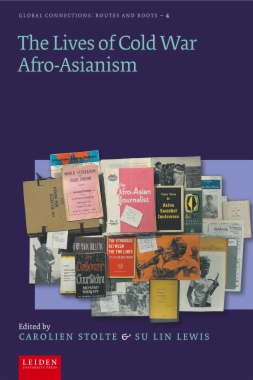

New and improved therapies to treat and protect against drug dependence and abuse are urgently needed. In the United States alone about 50 million people regularly smoke tobacco and another 5 million are addicted to other drugs. In a given year, millions of these individuals attempt—with or without medical assistance—to quit using drugs, though relapse remains the norm. Furthermore, each year several million teenagers start smoking and nearly as many take illicit drugs for the first time. Research is advancing on promising new means of treating drug addiction using immunotherapies and sustained-release (depot) medications. The aim of this research is to develop medications that can block or significantly attenuate the psychoactive effects of such drugs as cocaine, nicotine, heroin, phencyclidine, and methamphetamine for weeks or months at a time. This represents a fundamentally new therapeutic approach that shows promise for treating drug addiction problems that were difficult to treat in the past. Despite their potential benefits, however, several characteristics of these new methods pose distinct behavioral, ethical, legal, and social challenges that require careful scrutiny. Such issues can be considered unique aspects of safety and efficacy that are fundamentally related to the distinct nature and properties of these new types of medications.